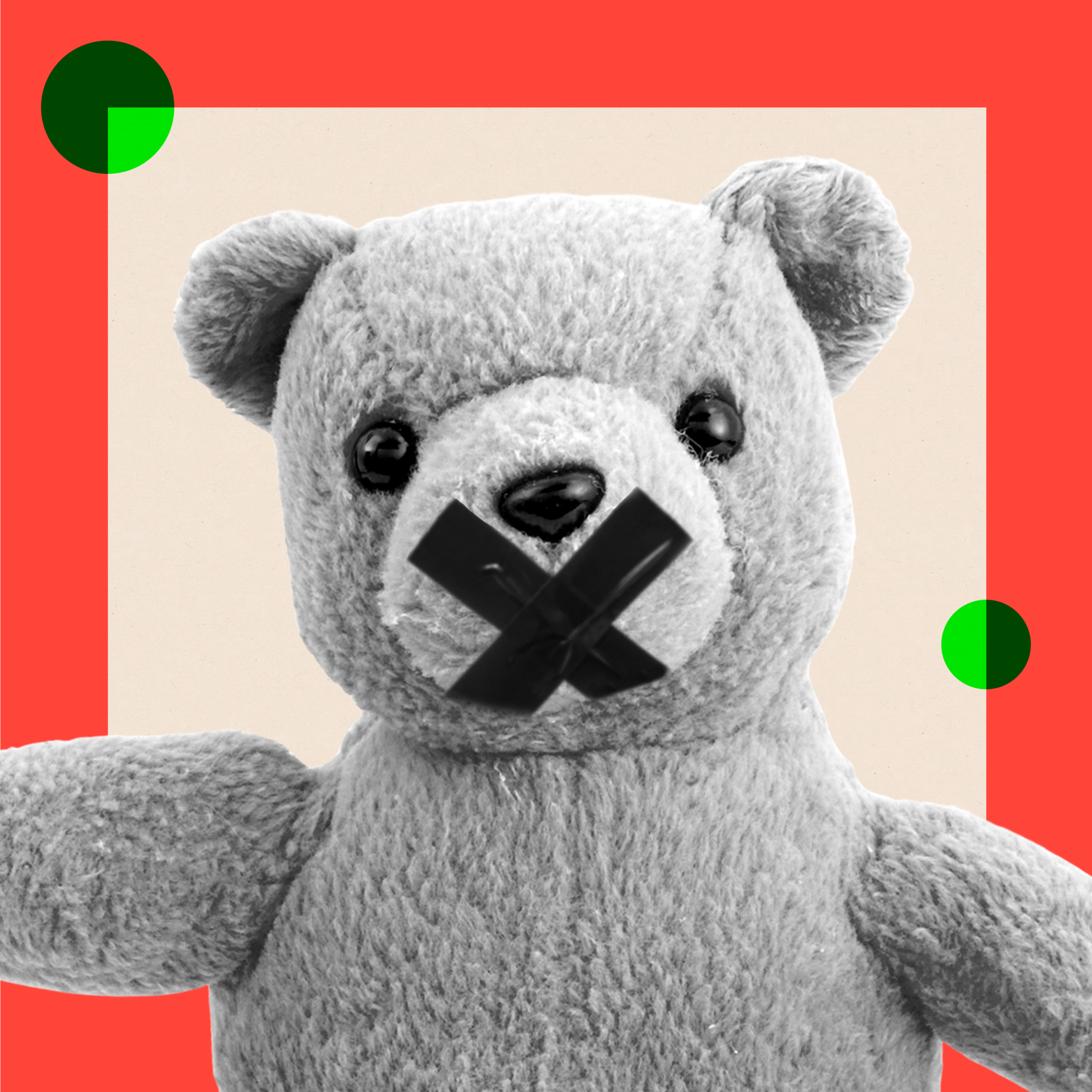
Warning: This story contains details some may find distressing.
Listen to Alison read this article on BBC Sounds
“Prolific, brutal and horrific” – these words sum up four decades of abuse meted out by John Smyth and affecting scores of boys in the UK and Africa.
It was the description chosen by the independent review commissioned by the Church of England to investigate how Smyth was able to groom and abuse children at Christian camps and in schools for so long.
Almost as shocking is the church’s repeated lack of curiosity and inaction when people tried to warn about what he was doing, also described in the report. Smyth’s position within the church gave him a veneer of trustworthiness that opened doors for him to abuse.
One survivor, Mark Stibbe, told BBC Newsnight how he was groomed and beaten relentlessly by Smyth after joining his school’s Christian Forum in 1977. On the shelf in front of him during the abuse were adult nappies used to stem blood, alongside a leather-bound Bible.
It is a horrifying account of the power of an abuser in a trusted role and the damage that is done when opportunities to stop them are brushed aside. But abuse is not limited to the church.
“Most sexual abuse happens in domestic and family settings,” says Tom Squire, head of clinical engagement at The Lucy Faithful Foundation. “But some abusers gravitate to places where they know they will have an opportunity to have contact with children - places like churches, sports organisations and schools.”
From Scouts to gymnastics: rooting out abuse
In the UK and abroad, there have been major controversies in football, swimming and gymnastics clubs, where allegations of physical, sexual and emotional abuse have been made against coaches by young athletes. One of of the most famous cases was that of Larry Nassar, a former doctor to the elite athletes of USA Gymnastics who was convicted of sexual assault in 2017. A judge handed him a 175 year jail sentence after hearing testimonies from more than 150 women and girls.
Separately, an independent review into British gymnastics found that physical and emotional abuse were “systemic". The review, which focused on the period from 2008 to 2020, came after several gymnasts spoke out about bullying - with allegations of athletes being punished for needing the toilet. British Gymnastics said it wholeheartedly apologised.
Last year, several swimmers told the BBC they had suffered bullying, emotional abuse and body-shaming. A review commissioned by Swim England found that a toxic environment in swimming clubs had enabled abusive training practices and bullying to exist for years. The governing body has apologised.
Then there are scandals that have emerged involving boarding schools and children's homes - the closed environments making children easy prey.
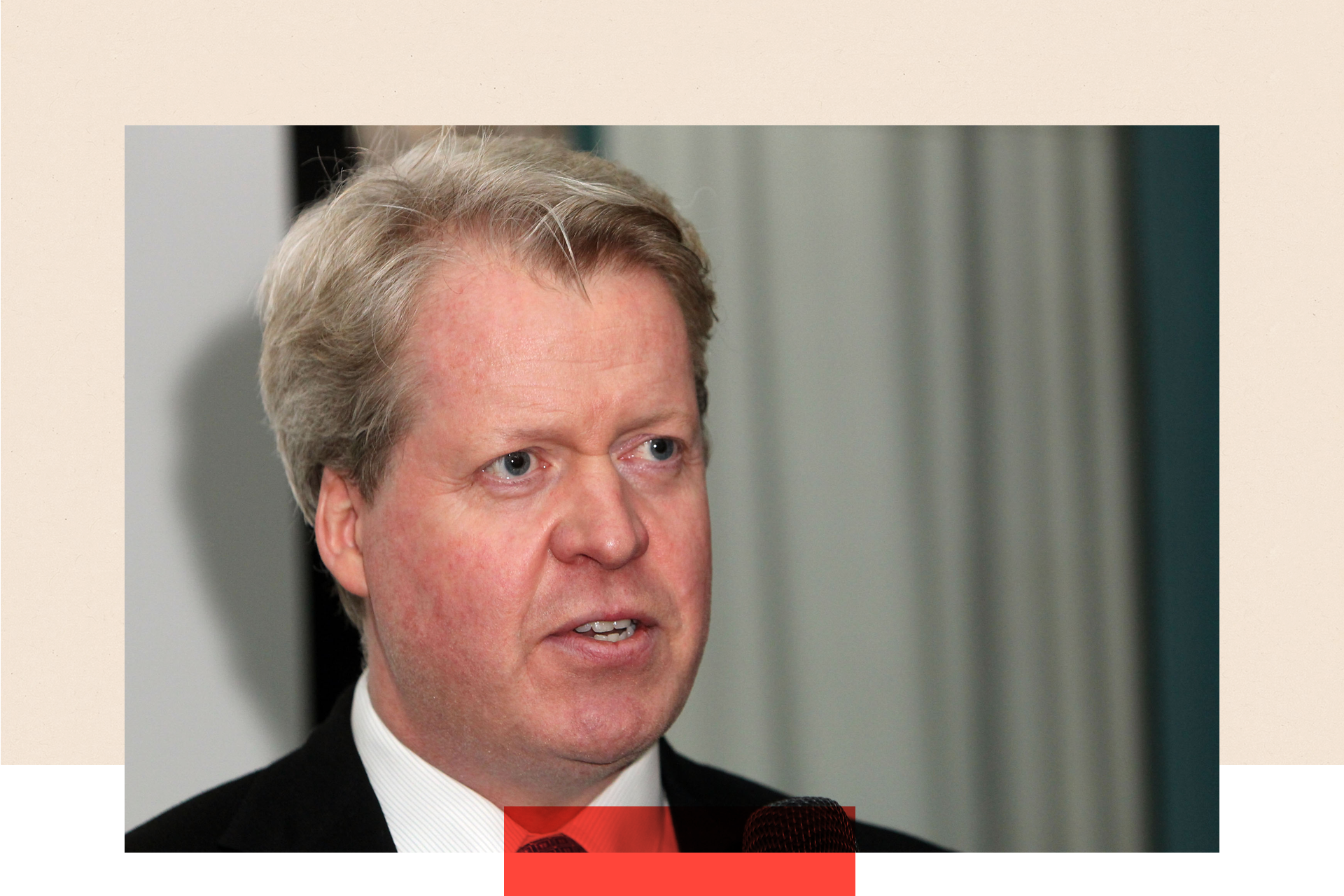
Lord Charles Spencer said he was physically and sexually abused at Maidwell Hall school in the 1970s
In 2018, an inquiry into Ampleforth College, a Roman Catholic boarding school in Yorkshire, found it had been the scene of decades of sexual abuse, with a report finding it "prioritised monks and their own reputations over the protection of children".
Nine serious allegations of abuse were also recorded at the school as recently as between 2014 and 2016. The school says it has since put rigorous safeguarding measures in place.
But similar reports elsewhere date back decades. Earlier this year, Earl Spencer, brother of Diana, the late Princess of Wales, wrote about his experiences of abuse at Maidwell Hall School in Northamptonshire in the 1970s.
Child abuse also went on unchecked at Gordonstoun, the Scottish school where King Charles was educated, between the 1960s and 1990s, an inquiry has ruled. One former physics teacher was described as a "predatory paedophile". The school has since apologised.
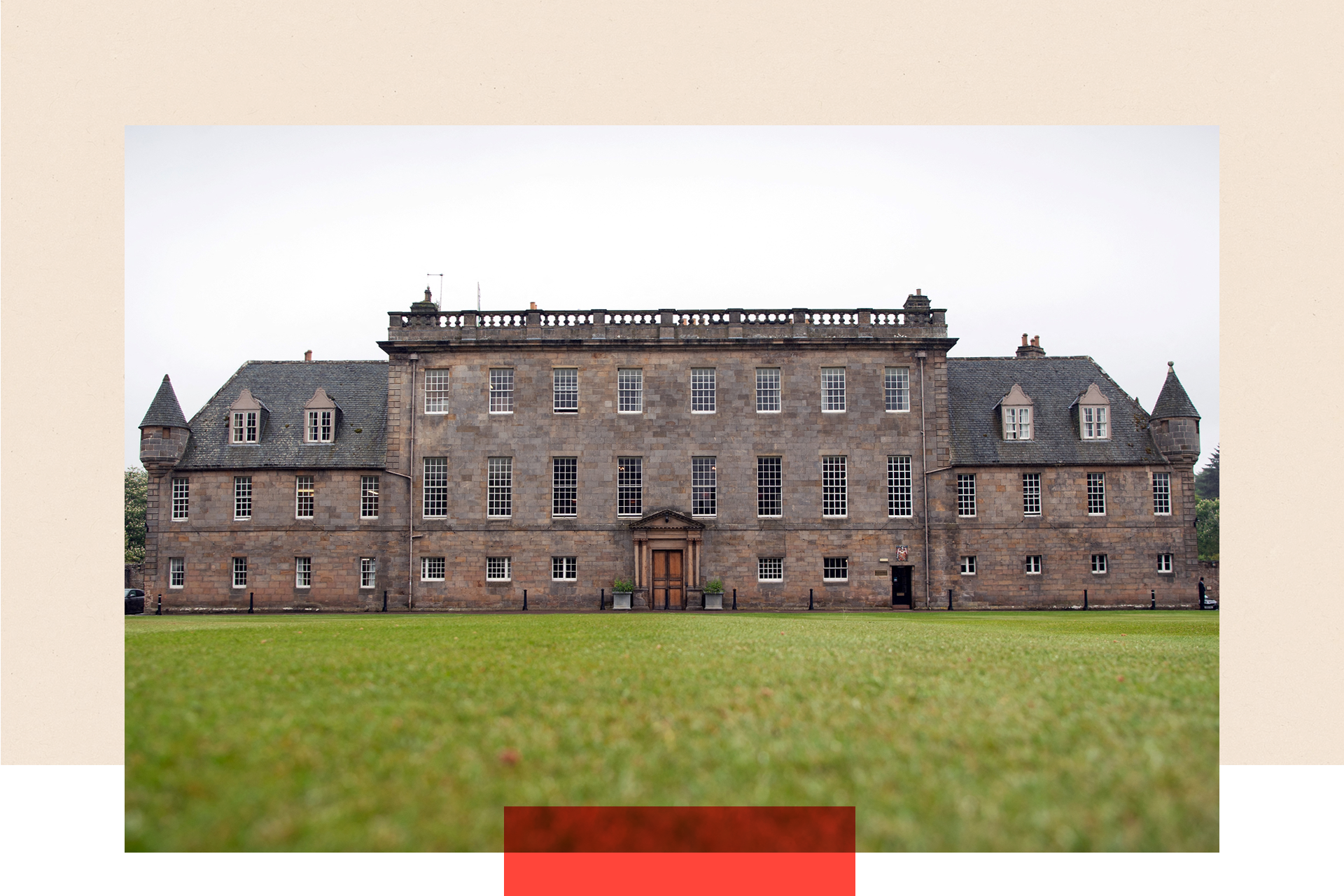
Gordonstoun School, where abuse flourished for decades
Hundreds of allegations have been made against the Scouts too, with most dating back to the 1960s to 1990s. In all more than £6 million has been paid in compensation over the last decade, with some 166 cases settled in that time.
Other large institutions such as the BBC and the NHS have held major inquiries into the abuse carried out over decades by the television and radio personality, Jimmy Savile. He died before his crimes were made public. All these organisations promised change and overhauled their safeguarding policies in the wake of the scandals.
Part of the reason we are hearing about these scandals is because people are more willing to speak up and campaign. Investigations then follow.
Even so, many big institutions remain slow to react - the question that remains is why?
Poor treatment of victims
Jane Chevous, co-founder of Survivors Voices, which ensures that survivors are listened to, says that in many institutions there may be people trying to do the right thing, but too often there is a failure to listen to and protect vulnerable people.
She learnt this, in part, from personal experience. As a young adult she was sexually abused by two Church of England priests over a ten-year period. It only stopped when she moved away. She went on to have a mental breakdown. This was not only because of the abuse, she says, but also the lack of the support from the church that she trusted.
Her religion added a layer of complexity to what happened, she explains. She was groomed by someone who she believed was doing God’s work. “You are told this is God’s calling and this is what he wants,” she says.
In 2001, ten years after the abuse ended, she reported it to two bishops. “It was absolutely terrifying. I found it hard to hold any hope that I would be believed.”
One bishop suggested she meet her abuser to try to sort it out “because that is the Christian thing to do”. The other, she says, told her to go to the police because he couldn’t do anything. Afterwards her mental health deteriorated.
In 2019, she reported it again. This time there was a police investigation, during which time one of her alleged abusers died. She says the police concluded there was not enough evidence to take the case further. She is among a number of survivors who have asked the church to review their cases.
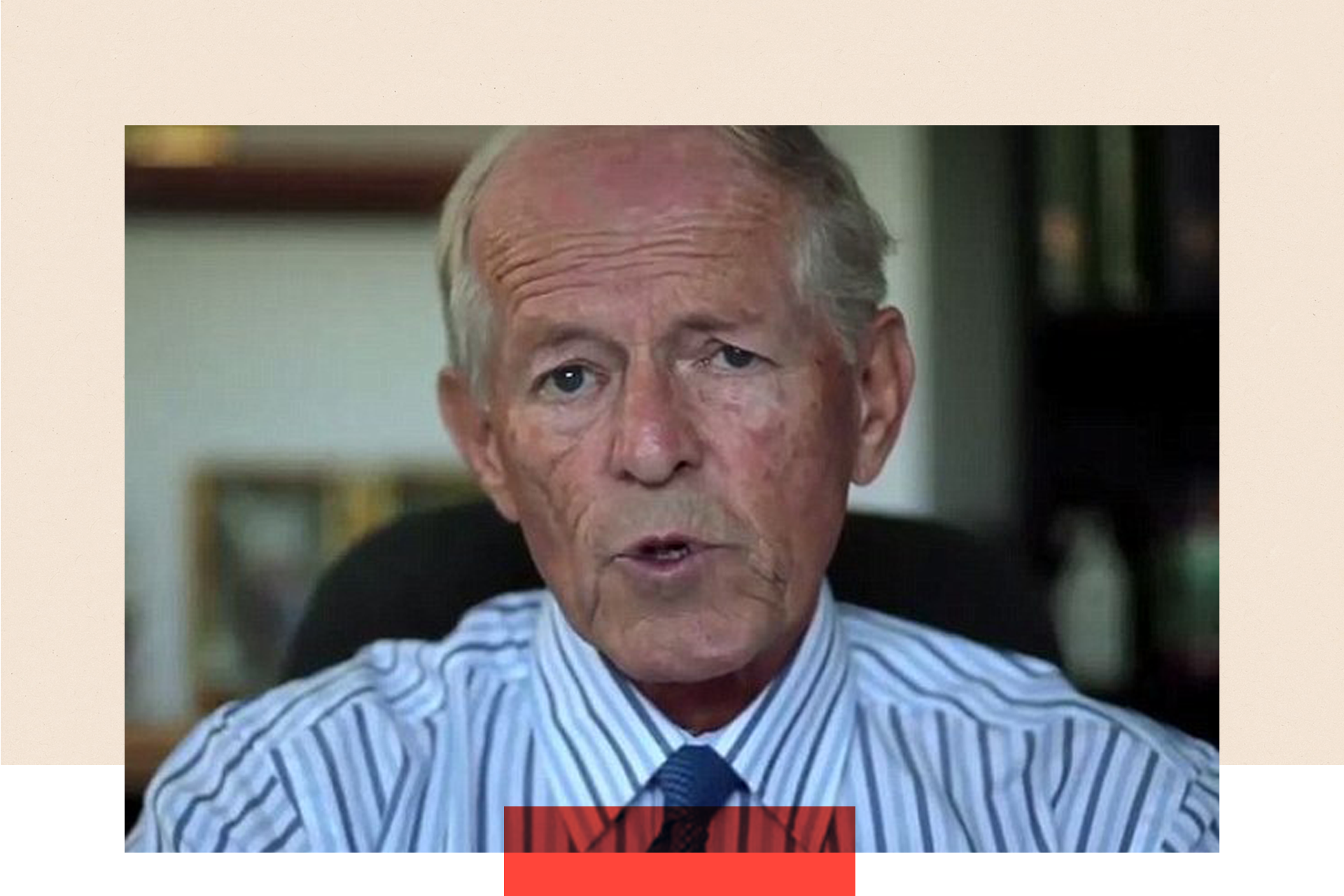
John Smyth
In the wake of the report into the abuse by John Smyth, the church has said that it and its associated organisations must implement “robust safeguarding procedures …that are governed independently.” It also said “there is never a place for covering up abuse.”
Jane has since been appointed to the Church of England National Safeguarding Panel. “The church has struggled to choose survivors," she says, "instead it has chosen to protect the institution."
This, she argues, is similar to other areas. “You are sacrificed for the good of the wider community.”
Cases “swept under the carpet”
Joanna Nicolas, an independent social worker, has her own take on this. She has spent more than 30 years in child protection and adult safeguarding, and believes that people’s readiness to forgive or explain away what happened is one of the main reasons that abuse “gets swept under the carpet”.
Over the years she has worked with schools, churches, financial organisations, Parliament, as well as theatres, including the Old Vic. She is also called in to assess people in positions of trust in schools and churches when an allegation of historic abuse - whether sexual or emotional - has been made, including cases where there hasn’t been enough evidence to lead to police charges.
“People will often say to me ‘he is such a good egg’ and they will want to give me character references,” she explains.
More from InDepth
Why so many prime ministers have failed to cut migration
- Published12 November 2024
Why luxury cheese is being targeted by black market criminals
- Published10 November 2024
Return of unpredictable president puts UK defence spending top of agenda
- Published9 November 2024
Part of her role is to weigh up whether or not the person accused is safe to continue in their role.
“You have to be black-and-white about child abuse,” she continues. “I say to the alleged perpetrator, ‘It doesn’t matter if you have done 50 brilliant things, if you have abused a child’.
“You always go in with an open mind,” she adds. “And in emotional abuse cases, sometimes a teacher, for instance, is not aware of the power they have.”
Understanding and unpicking power structures is key to combatting sexual abuse and the secrecy that allows it to thrive, argues Tom Squire. “That means swimming against that power dynamic.”
If concerns aren’t acted on with "diligence and robustness,” that could, in his view, "potentially be interpreted by abusers as a bit of a green light”.
Unpicking power structures
Overall, he believes that child protection has improved over the years but there is no room for complacency. “We need to open our eyes and our ears to what children and young people are telling us and to be curious.”
Joanna Nicolas agrees there have been improvements, pointing to boarding schools, which she believes have generally created more open cultures to keep pupils safe. But she also observes that many organisations have a long way to go - in tackling bullying and emotional abuse too.
One priority is ensuring that staff feel safer and able to report bad behaviour. “If you are in a big arts organisation or theatre and you have a visiting star who is being vile to young people, is anyone going to stop them?” she says.
“They are the person with the power who brings in the money.”
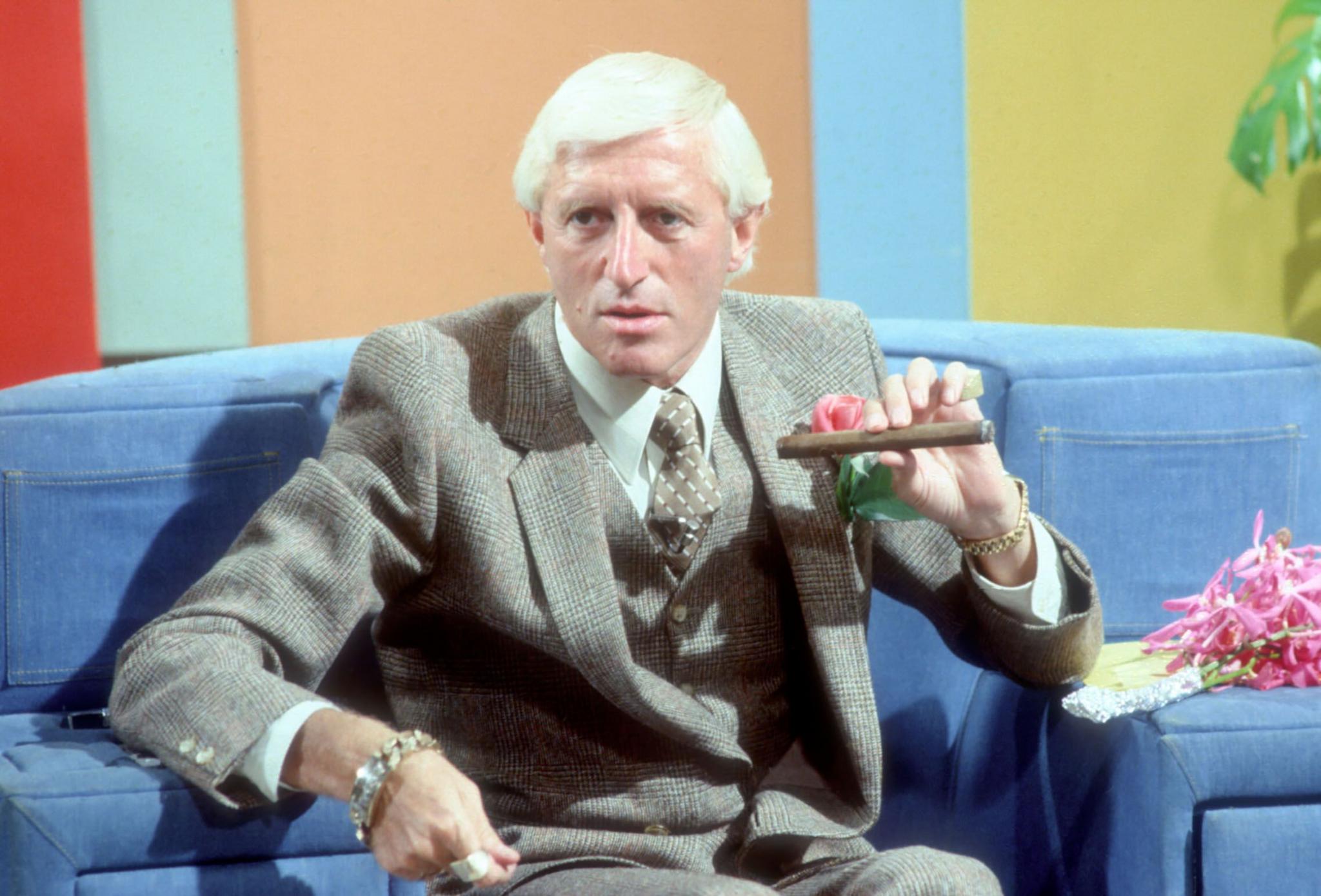
Jimmy Savile died before his crimes were made public
Speaking about this conundrum, she recalls “a lightbulb moment” at a financial company she worked with. One of the bosses had told her about a senior staff member who brought in lots of money, but was described as “handsy”. “Rather than addressing it, young female employees were warned away from him,” she recalls.
Only when a senior leader at the company found himself again telling young staff to avoid the man, did he suddenly think, “What am I saying? What am I doing?”
They decided things had to stop. The man left and the company culture began changing.
A bureaucracy problem
“Culture is incredibly important,” says Christian McMullen, director of professional services at the NSPCC. One of the difficulties for large organisations, he has found, is that “they have their own social structures or social norms which can have an impact when they need to take action”.
Contrary to the idea that a large company will have greater resources to tackle abuse, he says that its bureaucracy can sometimes get in the way, slowing down decision-making and making it harder to know who is accountable. But change starts at the top.
“The senior leadership team sets the right culture," says Mr McMullen. "If staff don’t feel supported then they may hesitate to make a safeguarding referral.”
That hesitation can also mean children aren’t listened to. “It is so easy to blame the child,” says 19-year-old Poppy.
She was 11 when she found the words to tell her mother that she had been abused by her grandfather. Her parents believed her and eventually her grandfather was convicted and jailed.
She has spoken out about what happened in the hope that this would remove some of the stigma that prevents children asking for help. But many abuse survivors she has spoken to told her they weren’t believed.
“When you tell someone, you need to feel believed. It changes everything,” she says today. “[But] I’m the exception. And the impact on people who aren’t believed is huge.”
Reporting abuse: the law
Along with her mother Miranda, Poppy has been working on a campaign to change the law so there is a mandatory duty for those working or volunteering with children to report it if they are told that a child is being abused.
At present there is no such law. It was one of the recommendations made in the final report of the Independent Inquiry into Child Sexual Abuse, which was published in October 2022.
In his evidence to the inquiry, Justin Welby, the Archbishop of Canterbury, who resigned over the church response to the Smyth report, said he was “convinced that we need to move to mandatory reporting”.
It is argued that this removes any doubt about what to do if a concern is raised about the safety of a child.
A Home Office spokesperson told the BBC: “We are working across government to identify where progress can be made against the recommendations, including mandatory reporting, and will provide further detail in due course.”
Miranda understands how reporting abuse can “turn lives upside down” and why people may find it easier to ignore what they are being told. But she insists: “we’ve got to stop kidding ourselves and pretending abuse doesn’t happen.”
For Poppy there is a straightforward calculation: “If we are not reporting abuse as a society, we are actively supporting it.
“It causes damage down the generations and if we don’t stop it now, it will keep going.”
BBC InDepth is the new home on the website and app for the best analysis and expertise from our top journalists. Under a distinctive new brand, we’ll bring you fresh perspectives that challenge assumptions, and deep reporting on the biggest issues to help you make sense of a complex world. And we’ll be showcasing thought-provoking content from across BBC Sounds and iPlayer too. We’re starting small but thinking big, and we want to know what you think - you can send us your feedback by clicking on the button below.
Get in touch
InDepth is the home for the best analysis from across BBC News. Tell us what you think.

